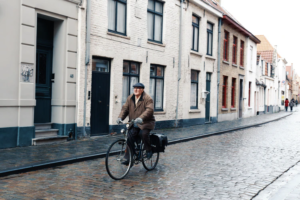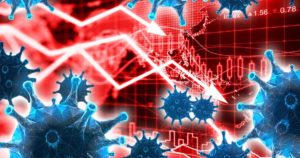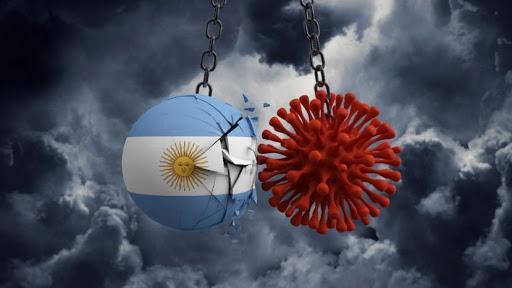
What are the prospects for the after-sales in France? Categories: 2020, News Timelines: France, 法国
Announcement Date : 27 7 月 2020
More than three months after the beginning of the lockdown, we have taken a new step following the announcements made on 14th June, i.e. the opening of restaurants and schools, towards – what we hope to be – a return to a normal activity.
Be that as it may, the loss to businesses has already impacted all business sectors and the aftermarket is strongly concerned too.
The current crisis will impact the 2020 activity and it will also influence the after-sales in France for years to come.
For more information, please click here to contact GiPA.
The evolution of movement: what place for the car in the life of the French people?
The experience of lockdown and the remaining uncertainty around the health crisis will change the methods of movement for French people. This change will be stronger in urban areas.
Thus, the need for reinsurance will favor the use of the car and limit the use of public transportation. In the coming times, the car will serve two purposes: protective and utilitarian.
While they were increasing, shared mobility services should suffer less use until the health context is fully solved.
At the same time, we can mention the important development of bike paths and the democratization of telework which will encourage drivers to adopt individual mobility options in suburban or even rural areas, which could impact the use of the car for short journeys.
The automobile will see its function strengthened in households. Individual mobility will, at least temporarily, take over collective mobility (such as buses and trains) to ensure the social distancing is respected during lockdown.
What will be the behaviour of the post-Covid consumer?
The economic environment will increase price sensitivity for many households that will have to pay attention to their spending. For others, the anxious climate will encourage them to save and avoid spending altogether.
At the same time, the digitalization already underway in the after-sales in France should accelerate and ease the appointment process with repairers.
Finally, drivers should increase their interest in vehicle support services as well as the protection of the vehicle’s interior for sanitation purposes.
How will the car parc evolve?
Despite the performance in sales of hybrid and electric vehicles (17% of registrations in the first 5 months of the year even before the state incentives), the car parc will remain very much a “thermal” parc for a long time to come.
After steadily progressing, the car parc will stagnate for a few years due to the strong slowdown in annual registrations. With a decline of 20-30% in 2020, sales of new cars are expected to remain below the levels observed over the period 2017- 2019, for at least 2 to 4 years.
At the same time, the phenomenon of an aging car parc will continue. A point of attention will be to focus on the evolution of the age structure of the car parc and the channels frequented.
Indeed, the share of vehicles affected by the peak of the last years of registrations (cars of 0-4 years old) will leave from the manufacturer networks and gradually switch to the independent aftermarket players.
What can we expect for the aftermarket in 2020 and the years to come?
Photo: Belt and Road News
The size of the car parc partly determines the number of workshop entries and the dynamic of the aftermarket. The stagnation or small evolution of the car parc will be a major factor.
The period of car use restriction in semester 1 will lead to a decrease of the annual mileage of cars of around 10%. This is approximately 50 billion kilometers less than expected for the year 2020, which will have an effect on the consumption of aftermarket products and services.
It is to be expected that the market will contract very sharply in 2020 with impacts different business sectors at different levels (with reports of a decrease from 1 to 3 depending on the activity; the body activity being the most affected) and depending on the channels (the IAM will be slightly less affected).
After experiencing a totally new lockdown situation, we are starting a phase full of uncertainty with unknowns remaining about the actual recovery of the activity and the new level of consumer confidence. The adaptation of repairers will be decisive in order to make their work organization evolve (extended hours …) and adapt to the new customer needs.
For more information, please click here to contact GiPA.

















